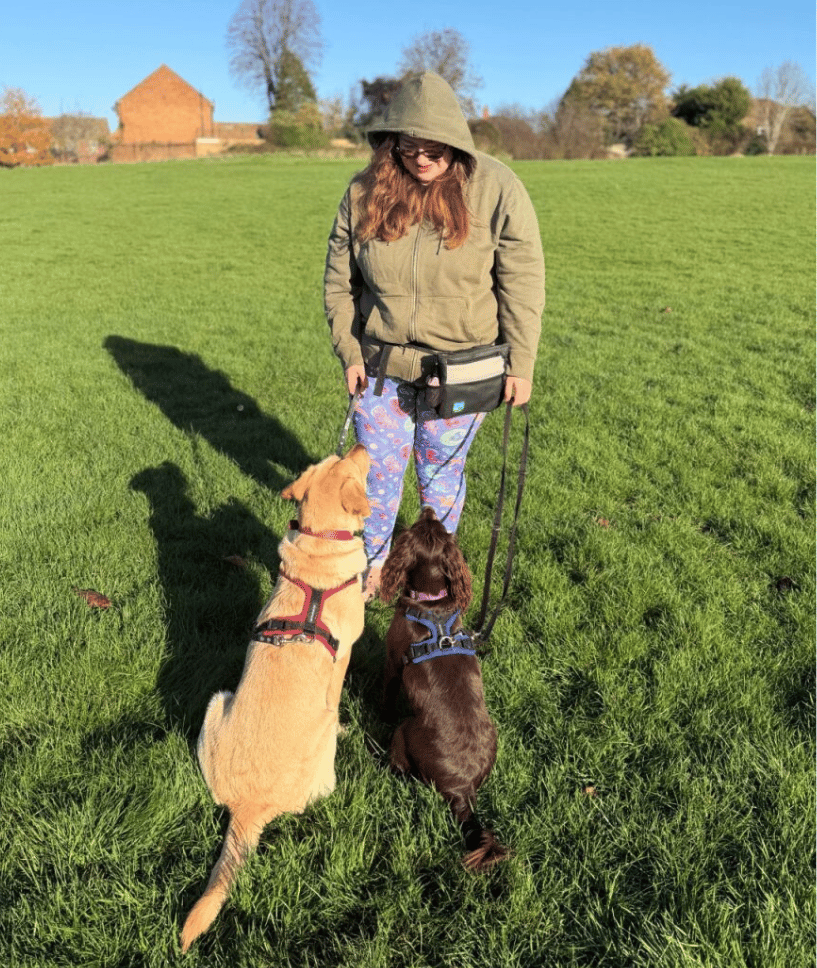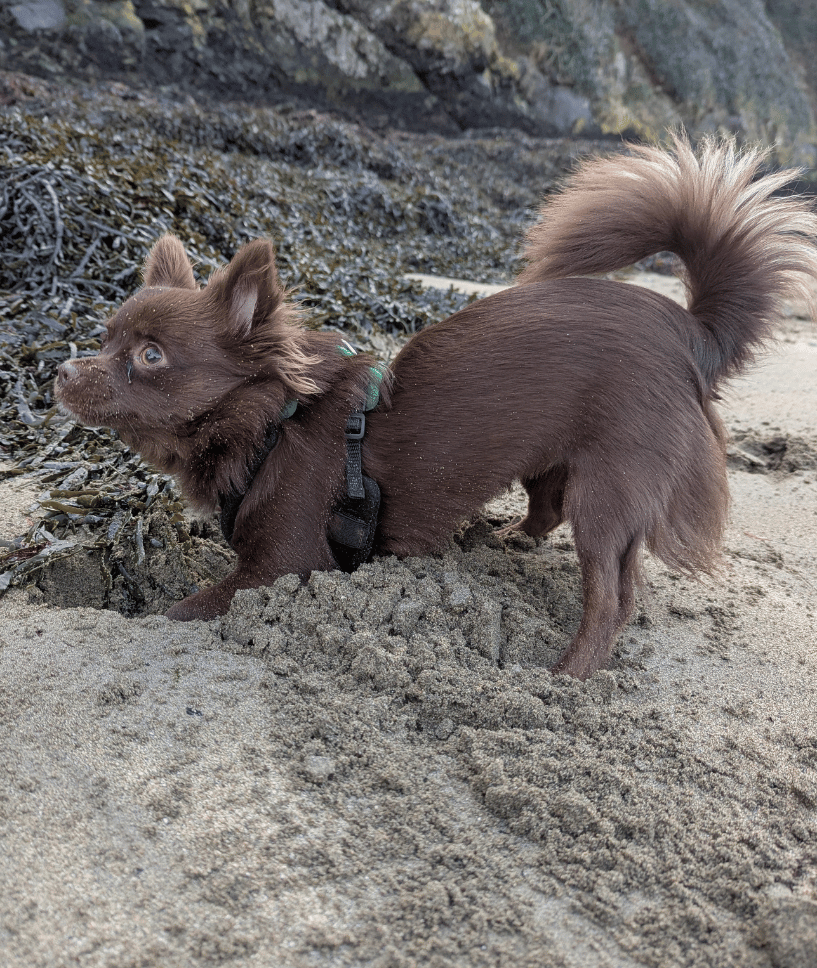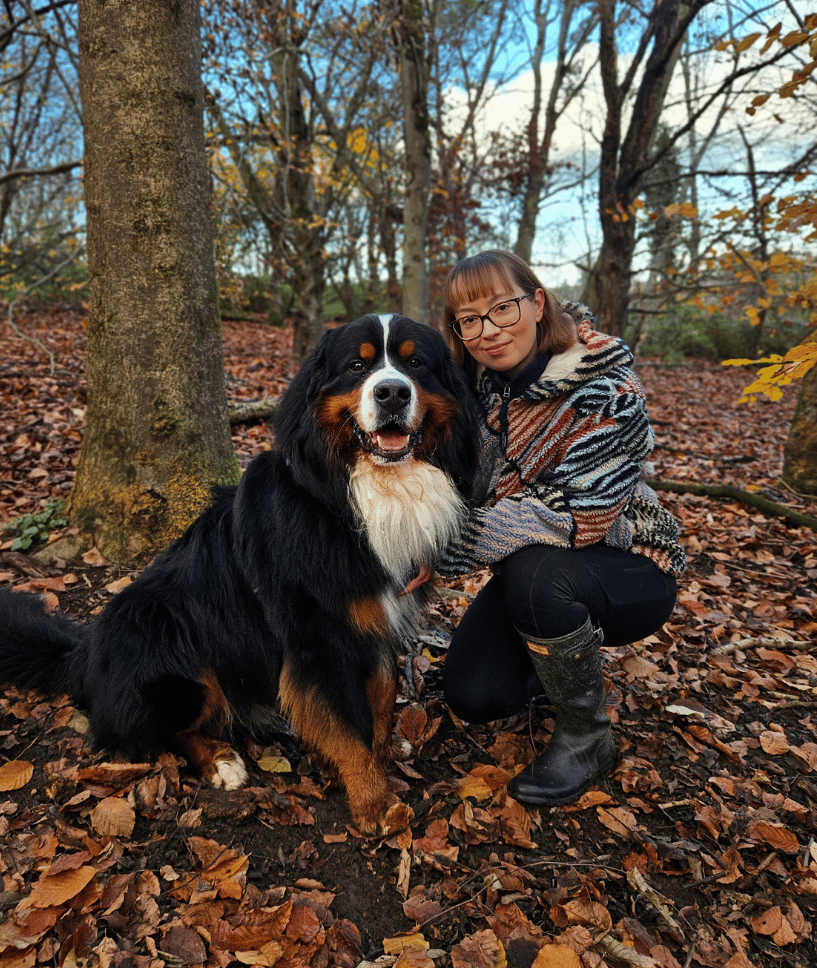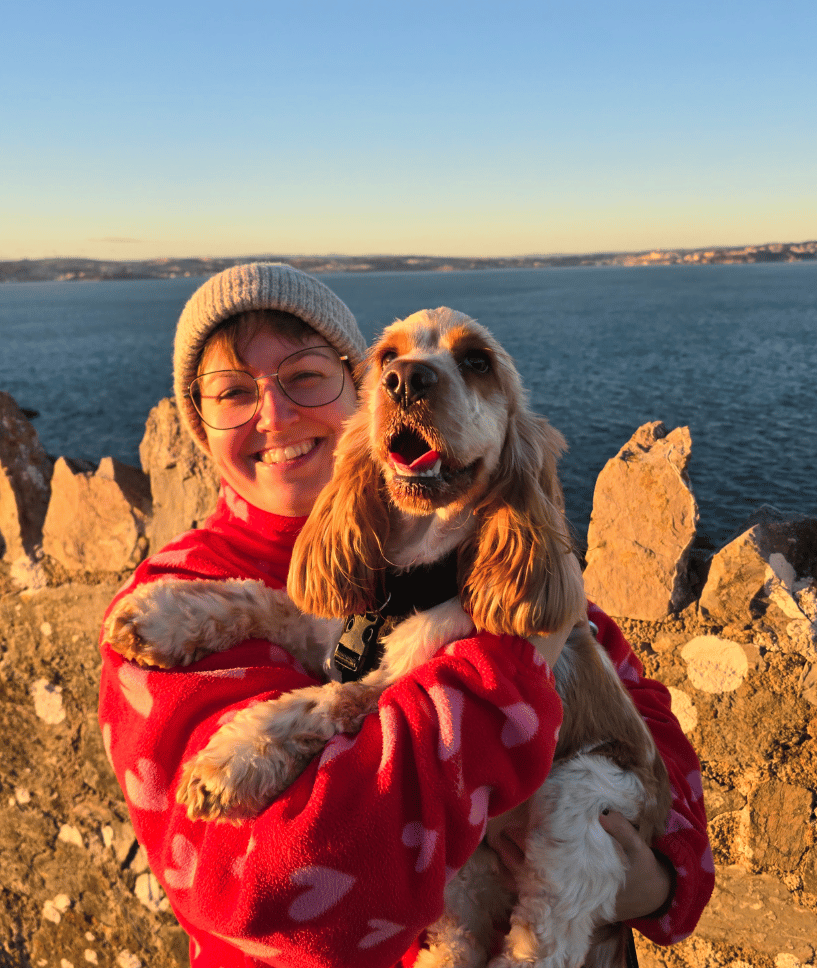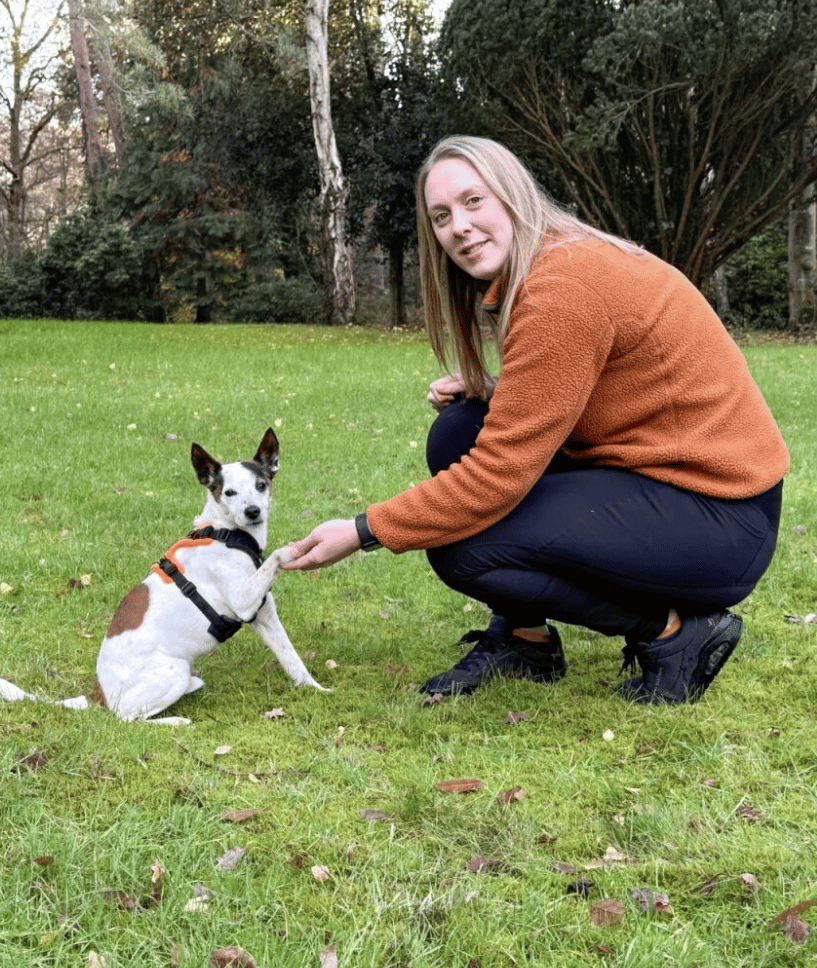Puppy Toilet Training: Guide for a Spotless Home & Happy Pup
Puppy Toilet Training: Guide for a Spotless Home & Happy Pup

If you’ve recently brought home a new puppy, then congratulations! Bringing a new puppy into your home is an incredibly exciting opportunity and joyous experience. Puppies bring endless amounts of love and fun into our lives, offering dog owners an adventure full of learning curves, opportunities and, of course, challenges! Training is an important part of the bonding process and, as responsible pet owners, it is our duty to train and guide our pups on how to enjoy our homes appropriately and teach them important life skills in order for them to live in our busy lives harmoniously.
Understandably, for many new owners, puppy toilet training is up there as a priority to tackle as quickly and successfully as possible. While the task may seem daunting at first, employing kindness and patience towards your puppy during its training can make the process smoother for both of you. However, it is important to keep expectations realistic. Puppy toilet training takes time, usually several months, and although you will see progress, your puppy is likely to have accidents during this process.
In this blog we’ll explore gentle and kind puppy toilet training tips and methods to help create a positive and empowering learning environment, strengthen the bond between you and your puppy, and avoid indoor accidents as much as possible!
Understanding puppy toilet training
A common question from many new puppy owners is, ‘How long does puppy toilet training take?’. Puppies will naturally and typically take several months to become totally house trained. Some pups might take longer, up to a year in some cases, so it’s important to remain patient and learn to understand your pup’s needs and behaviours. They have small bladders and limited control over their bowel movements, especially at a very young age, typically needing to eliminate after the following activities:
Sleep– puppies need up to 20 hours of sleep per day, so puppy naps will happen a lot! As soon as your puppy wakes up, pop them outside because they will likely need a wee.
Play – physical exertion may result in your puppy needing to eliminate. After a play session, pop them outside to do their business.
Eat – take your puppy outside for a wee or a poo after they have eaten or drunk.

Establishing consistency & routine
Consistency is key when it comes to puppy toilet training. Establishing a regular routine will help your puppy to understand when it’s time to eliminate. Take your puppy outside to your chosen designated toileting area first thing in the morning, after meals, play and eating. In order to avoid indoor accidents, through-out the day, aim to offer your puppy the opportunity to toilet outside as much as possible. Hourly garden trips are usually advisable. Puppy toilet training at night can be tricky as young pups will not likely be able to hold their bladders throughout the night. To minimise accidents as much as possible, make sure your puppy goes to the toilet just before you go to bed, and as soon as you wake up, and possibly say goodbye to lie ins for the time being!
Recognise the signs
Learning to recognise the signs of elimination can help you to anticipate when your puppy needs to go outside. Some common signs include sniffing the ground, circling, or suddenly becoming fidgety or restless. Difficulty in concentrating or signs of frustration can also be indicators, these can include, mothing/biting, crying, struggling, and panting. If you notice any of these signs, promptly take your puppy outside to the designated toilet area, and reward accordingly.

Positive reinforcement
Positive reinforcement, also known as reward-based training, is an effective and ethical way to train your puppy or dog. It involves rewarding your dog when they do the right thing. When your puppy eliminates in the appropriate outdoor area, reward them calmly, with either affection, praise, or a treat. Be sure to deliver the reward when your puppy has just finished their business, rather than during, as you don’t want to distract them mid flow! This reward creates a positive association with the toileting behaviour outside, which will then encourage them to repeat the same behaviour in the future.
Name it
Adding a cue word when your puppy has a wee offers several benefits in the puppy toilet training process. It helps to establish a clear communication channel between you and your puppy, enabling them to understand the desired behaviour more effectively. By consistently associating the cue word with the act of elimination, such as ‘go wee wee,’ or ‘do your business,’ you can create a reliable prompt for your puppy to follow. This cue word can then be used when you need your puppy to toilet outside on command, making puppy toilet training easier and reducing the likelihood of accidents indoors.
Handling Accidents
If you catch your puppy toileting indoors, it’s crucial to resist the temptation to intervene immediately. Instead, remain calm and allow them to finish their business without interruption. Once they have started, they may as well finish, it’s OK to not intervene, simply move on and start a fresh with your toilet training protocol. This approach prevents associating toileting with negative consequences, which can lead to anxiety and confusion. Reflect on the signs that you may have missed that indicated your puppy needed to go outside, and continue to practise our puppy toilet training tips, focussing on regular trips outdoors and plenty of rewards!
Avoid scolding
Punishing your puppy for toileting indoors, whether during the act or discovered afterward, is counterproductive and can have detrimental effects on their training journey, and emotional well-being. Punishment, such as shouting or physical corrections, can create confusion, fear and anxiety, making them scared to toilet in front of you or even fearful of toileting at all. In this scenario, a puppy might hide away to go to the toilet, such as behind the sofa, in order to avoid punishment. This can hinder and really set back the puppy toilet training process, and damage the trust between you and your puppy.
Seeking Professional Help
If you or your puppy are struggling with puppy toilet training or your puppy is showing signs of distress or anxiety, don’t hesitate to seek the help of a trainer who practises positive reinforcement/reward based-training methods.
Medical Issues
If your puppy has been toilet trained but is urinating when you leave them, they might be struggling to cope when they are left alone. In this instance, seek professional behaviour advice. If your puppy or dog is leaking urine or urinating during sleep, seek medical help from your vet.

Puppy toilet training requires patience, consistency, and a compassionate approach. By understanding your puppy’s needs, establishing a routine, and using rewards, you can effectively teach them where to toilet as well as strengthen your bond along the way. Be reassured and prepared for accidents as it is normal for puppies to regress during the puppy toilet training process. Be patient, understanding and kind throughout the process, and most importantly, celebrate each success, as you and your puppy work together towards a happy, accident free homelife!

